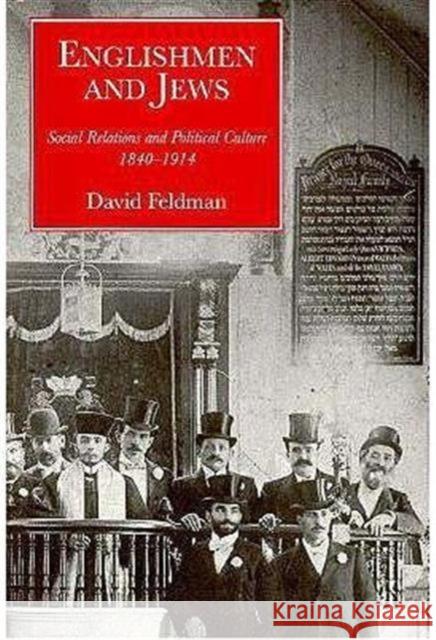Englishmen and Jews: Social Relations and Political Culture, 1840-1914 » książka
Englishmen and Jews: Social Relations and Political Culture, 1840-1914
ISBN-13: 9780300055016 / Angielski / Twarda / 1994 / 416 str.
To what extent did English society of the late nineteenth century accept or reject its Jewish minority? How did the Jews' religious, communal, and political identities develop in the context of English life? What was the impact of Jewish emigration from Eastern Europe to England? How did these immigrants fare within the English economy?
This book presents an important new perspective on Jews in England and English attitudes toward Jews during the nineteenth and early twentieth centuries. It investigates the history of Jewish integration more rigorously than any previous study and reveals that, despite legal freedoms, cultural and political antipathy to Jews was far greater than has been assumed.
Drawing on a wide range of source materials in both English and Yiddish, David Feldman discusses arguments between Whigs and Tories over Jewish emancipation; anti-Semitic assaults on Disraeli; the turbulent political life of the Jewish East End of London; and the travails of the immigrant sweatshop workers. By exposing the fractions and divided nature of the Jewish working-class community, and by pointing up similarities to non-Jewish working-class communities, Feldman's analysis overturns the conventional interpretation of growing homogenization of the wider working-class around 1900. The book therefore has a threefold importance: it is a major contribution to the debate about Victorian liberalism; it adds to the discussion of class and community in pre-1914 English society; and it goes well beyond all previous social histories of the Jewish experience in London to reveal both the limitations and achievement of Jewish integration there in the years before the First World War.











